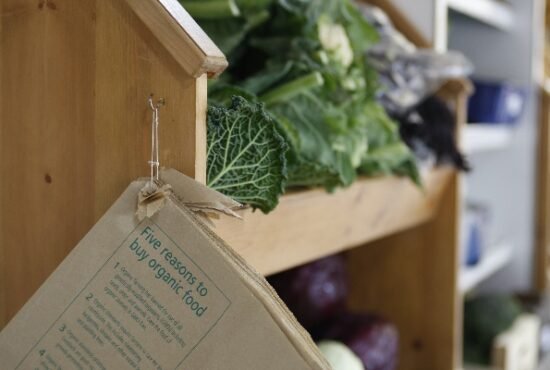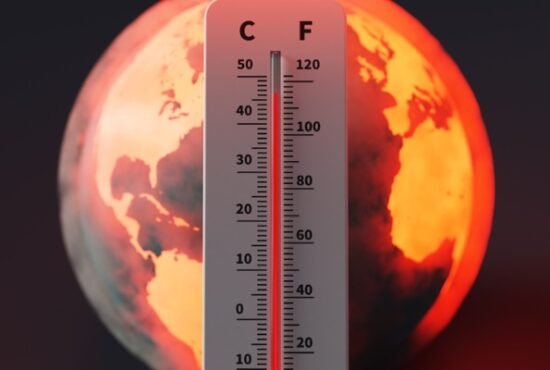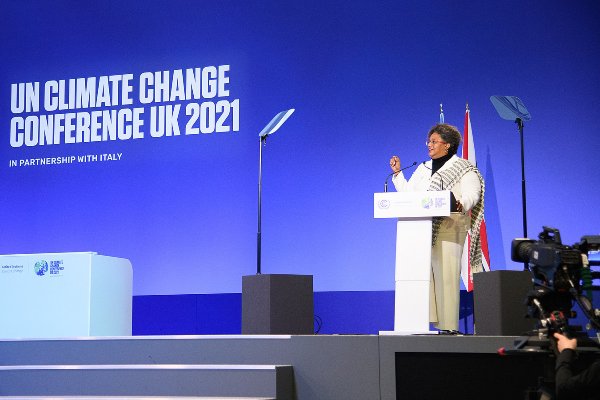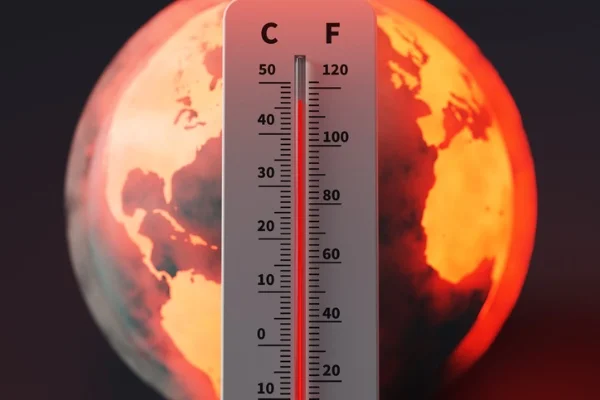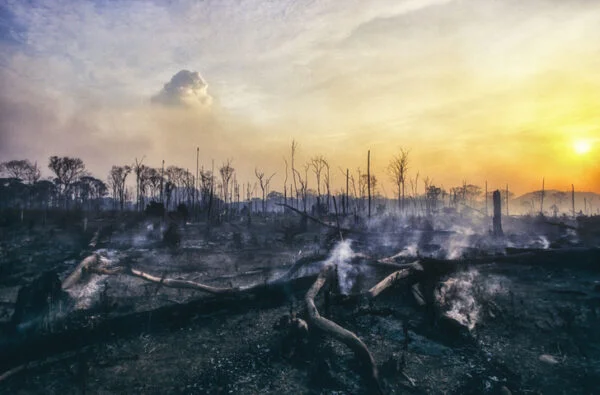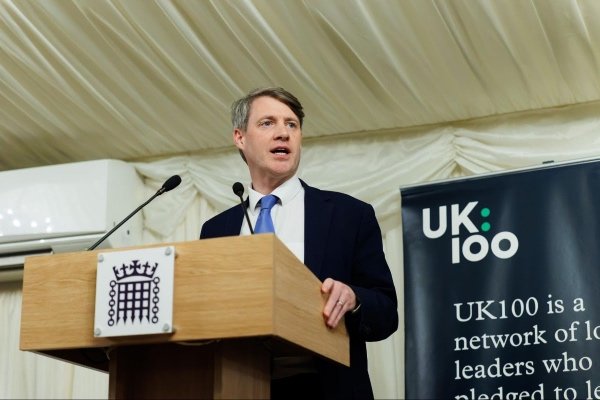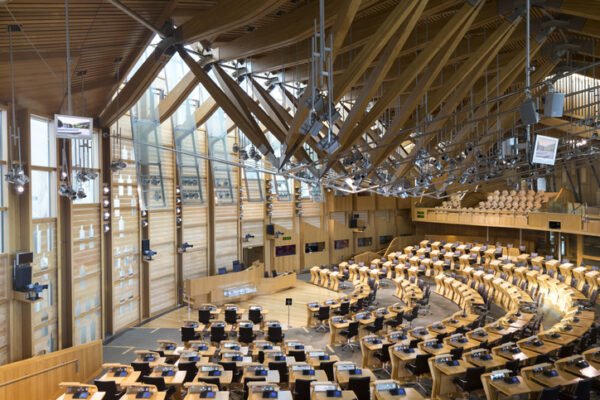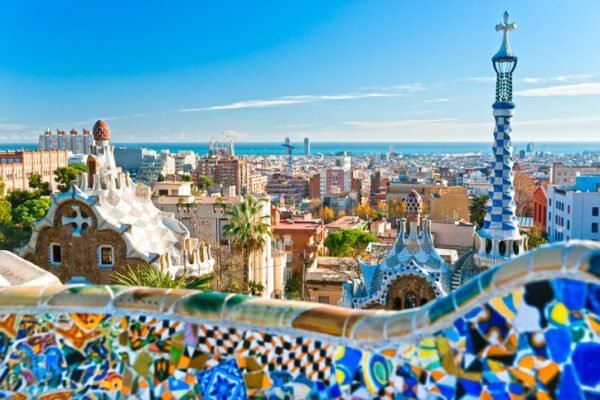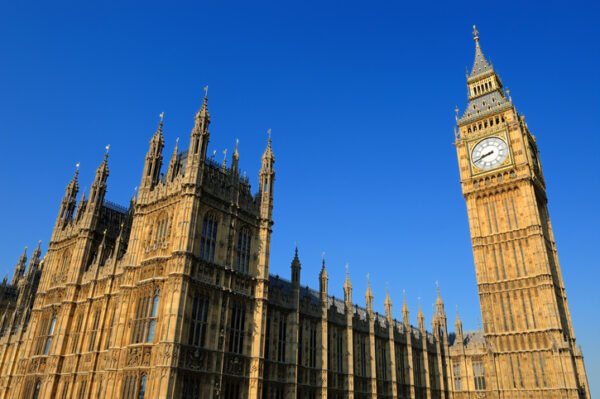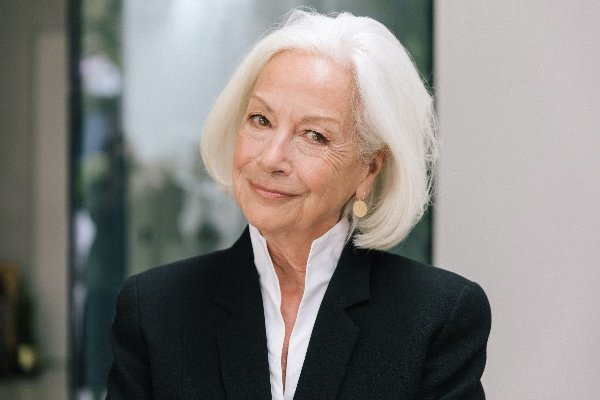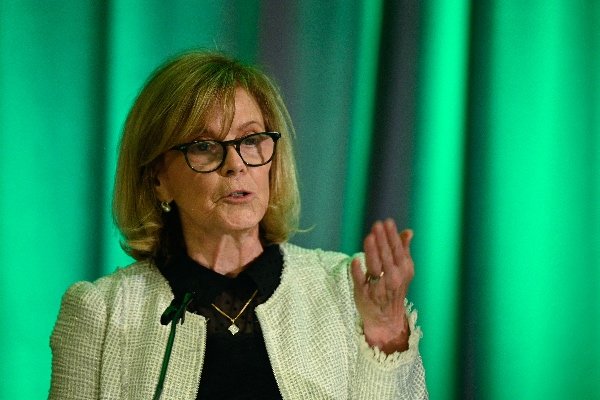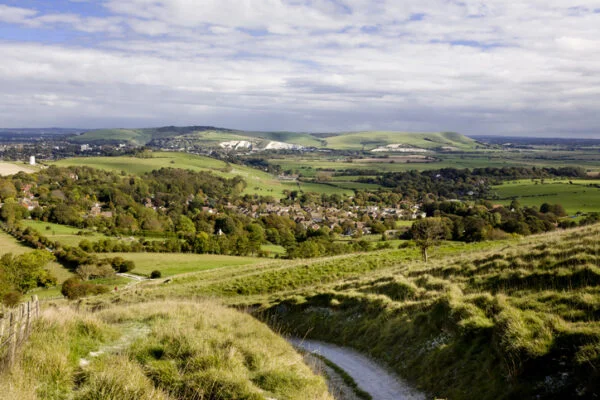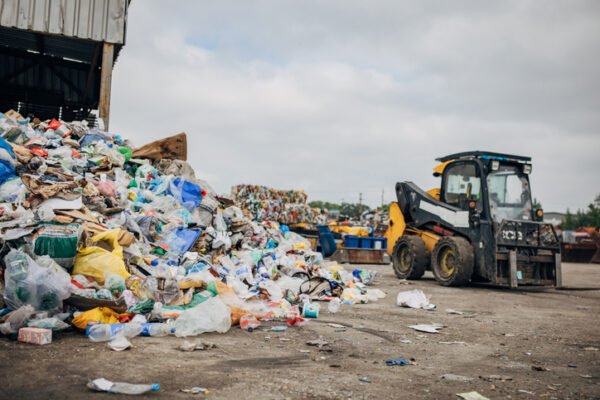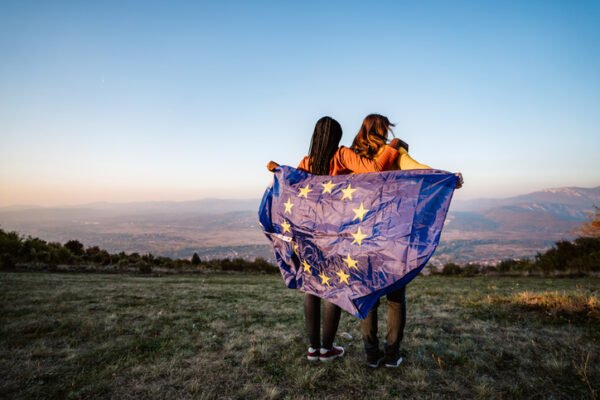THE SEA WOMEN OF MELANESIA (PAPUA NEW GUINEA AND THE SOLOMON ISLANDS)
Honoured in the Inspiration and Action category, The Sea Women of Melanesia train local women to monitor and assess the impacts of widespread coral bleaching on some of the world’s most endangered reefs using marine science and technology.
DR GLADYS KALEMA-ZIKUSOKA (UGANDA)
Honoured in the Science and Innovation category, was the first-ever wildlife veterinarian of the Uganda Wildlife Authority, Dr Gladys Kalema-Zikusoka is a recognised world authority on primates and zoonotic diseases.
As the CEO and co-founder of Conservation Through Public Health (CTPH), she leads the implementation of three integrated strategic programmes using the ‘One Health’ approach.
MARIA KOLESNIKOVA (KYRGYZ REPUBLIC)
Honoured in the Entrepreneurial Vision category, Maria Kolesnikova is an environmental activist, youth advocate and head of MoveGreen, an organisation working to monitor and improve air quality in the central Asia region.
Under Kolesnikova, MoveGreen developed an app called AQ.kg, which collects real-time data every one to three hours from the two largest Kyrgyz cities, Bishkek and Osh, about the concentration of pollutants in the air, including nitrogen dioxide, PM 2.5 and PM 10.
Decade on Ecosystem Restoration
By amplifying the significant work being done on the environmental frontlines, the Champions of the Earth awards aim to inspire and motivate more people to take to address the triple planetary crisis – climate change, nature and biodiversity loss, and pollution, chemicals and waste.
This year’s awards highlight the UN Decade on Ecosystem Restoration, which runs until 2030, coinciding with the deadline for achieving the Sustainable Development Goals.
By halting and reversing the degradation of terrestrial and aquatic ecosystems, we can prevent the loss of one million endangered species.
Scientists say restoring only 15% of ecosystems in priority areas – and thereby improving habitats – can cut extinctions by 60%.
There has never been a more urgent need to revive damaged ecosystems than now.
Ecosystems support all life on Earth. The healthier our ecosystems are, the healthier the planet – and its people.
Ecosystem restoration will only succeed if everyone joins the #GenerationRestoration movement to prevent, halt and reverse the degradation of ecosystems worldwide.
 Play Video about This Rock Might Just Save The World
Play Video about This Rock Might Just Save The World Play Video about Play 2 hours of rock
Play Video about Play 2 hours of rock Play Video about Play 2 hours of brook
Play Video about Play 2 hours of brook Play Video about Play 2 hours of sheep
Play Video about Play 2 hours of sheep
